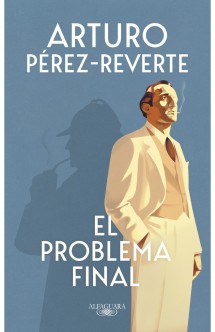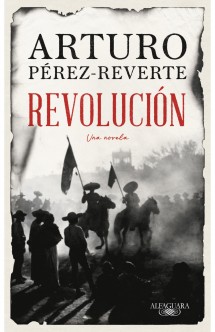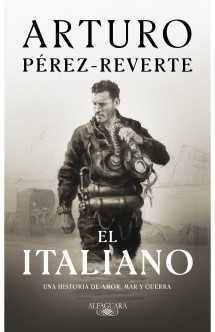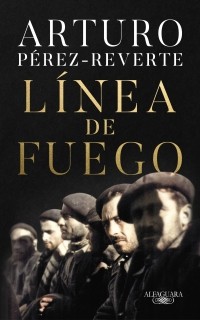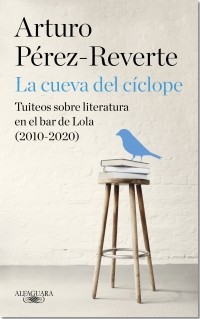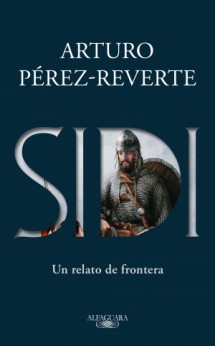Prensa > Críticas en otras lenguas
Críticas en otras lenguas
Críticas publicadas en otros idiomas.
Colloquial Castigation of the French, the Russians, the Spaniards and Napoleon in Arturo Pérez-Reverte’s La sombra del águila
Summary: In 1812, a Spanish battalion is part of Napoleon‟s army invading Russia. In a major battle, when the Spaniards intend to surrender to the Russians, the French cavalry „saves‟ the Spaniards. The Spaniards abandon their original plan and re-engage on the French side. They perform superbly well. In October, Napoleon‟s Grande Armée begins the retreat and crosses the river Beresina in late November 1812. Eleven Spaniards enter Spain in April 1814. The narrator, speaking on behalf of the battalion, describes the French as 'franchutes' and 'gabachos'. French commanders are mocked pitilessly. The Russian ('ruski') artillery and Cossack cavalry fight well, though their commander is a disaster. The French consider the Spaniards to be patriotic, violent -and unfit for modern government. Napoleon is to the Spaniards 'el Petit Cabrón', 'el Petit', 'el Enano', 'el Ilustre' and 'el Monstruo'. Pérez-Reverte develops an impressive variety of pejorative designations for individuals and social groups. He also delivers a great many examples of familiar speech. In other texts and in La sombra del águila Pérez-Reverte displays profound knowledge and mastery of colloquial and vulgar speech.
· Sigue leyendo el artículo aquí (pdf).

